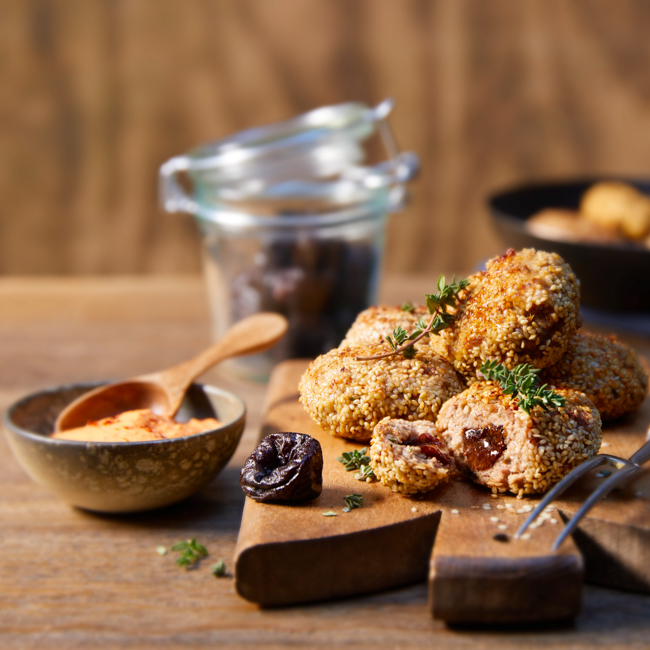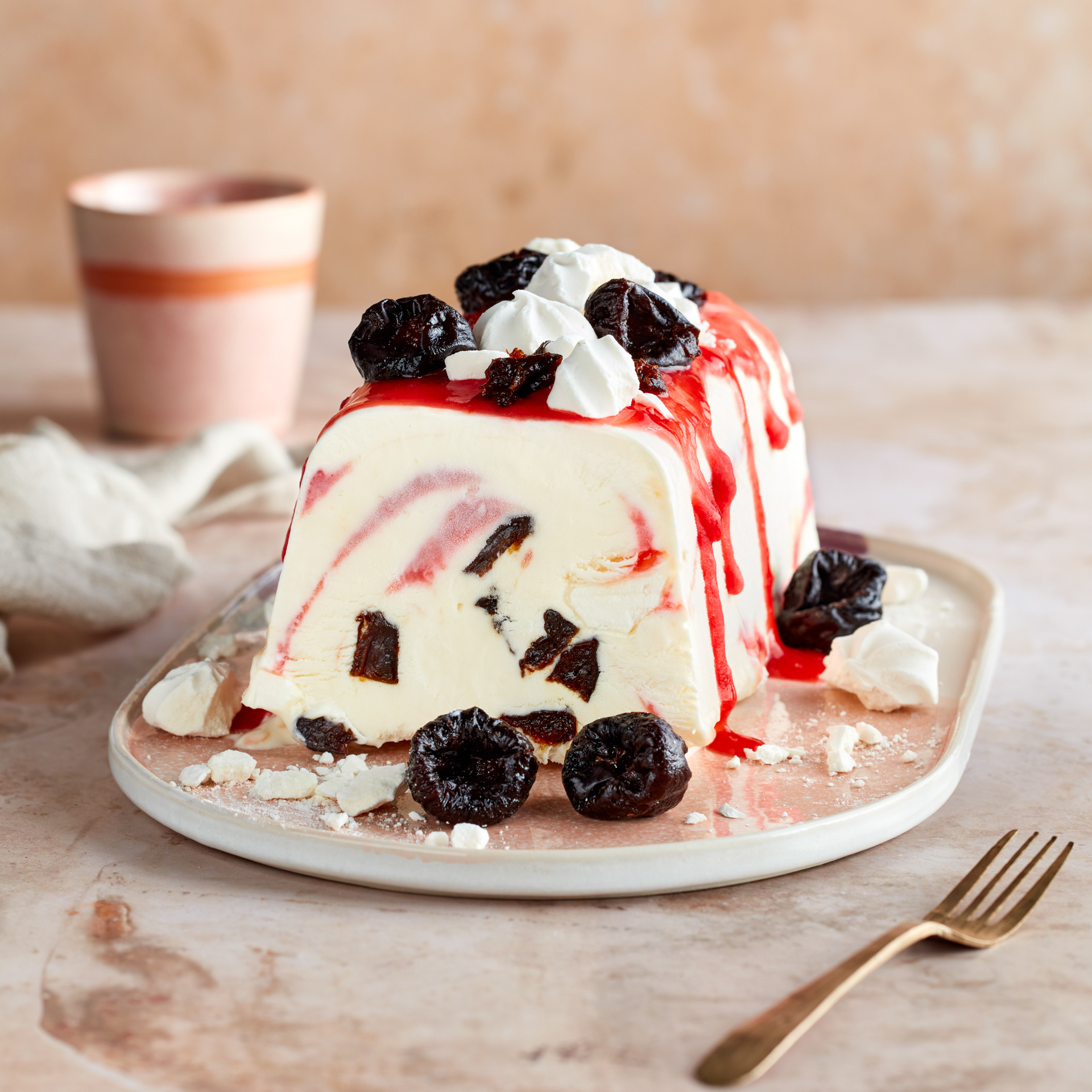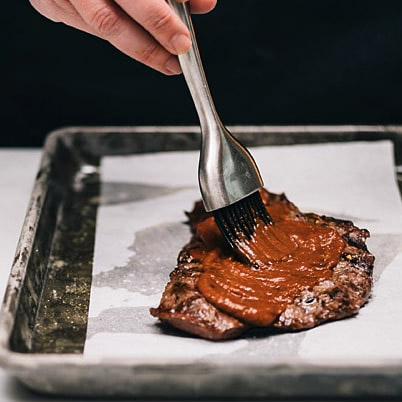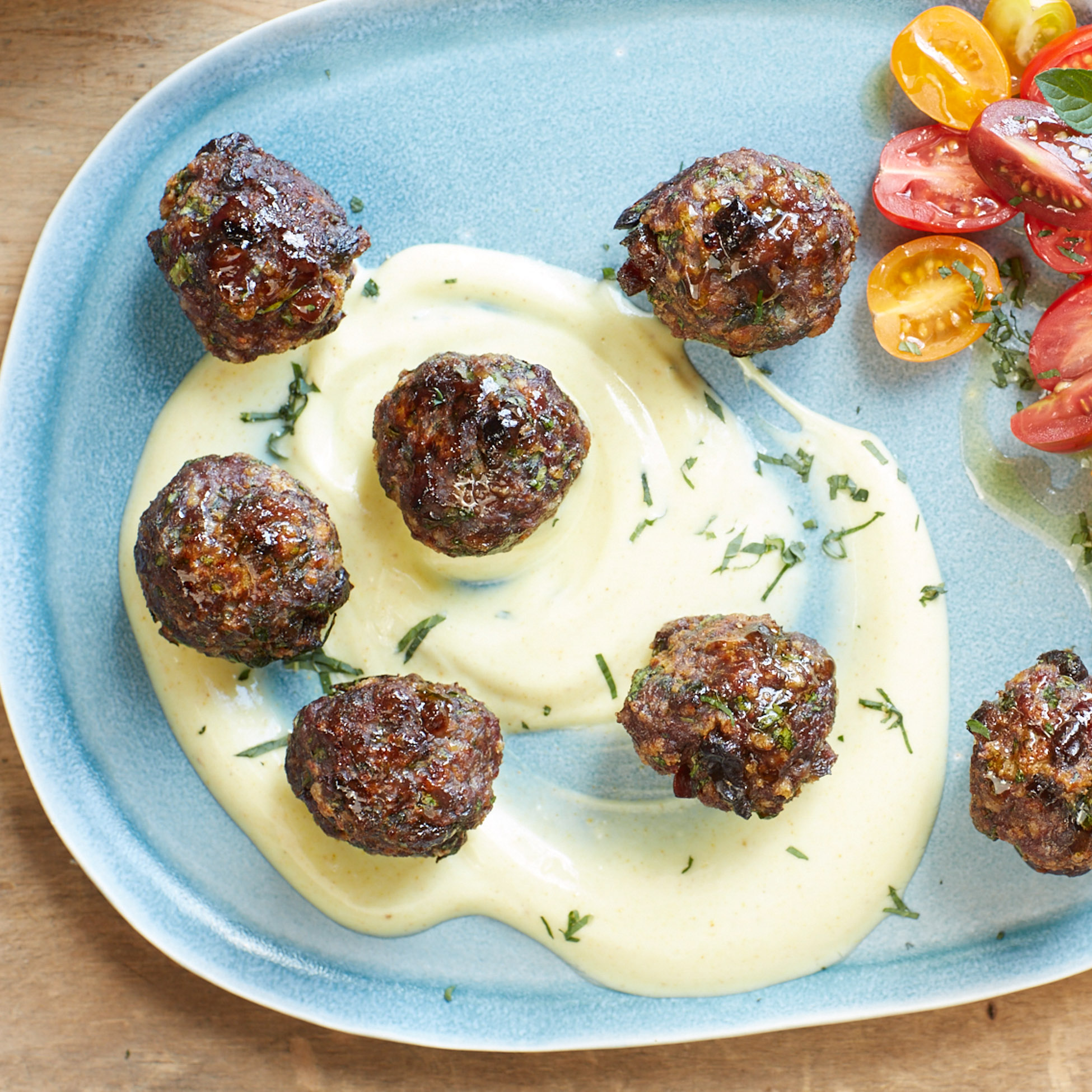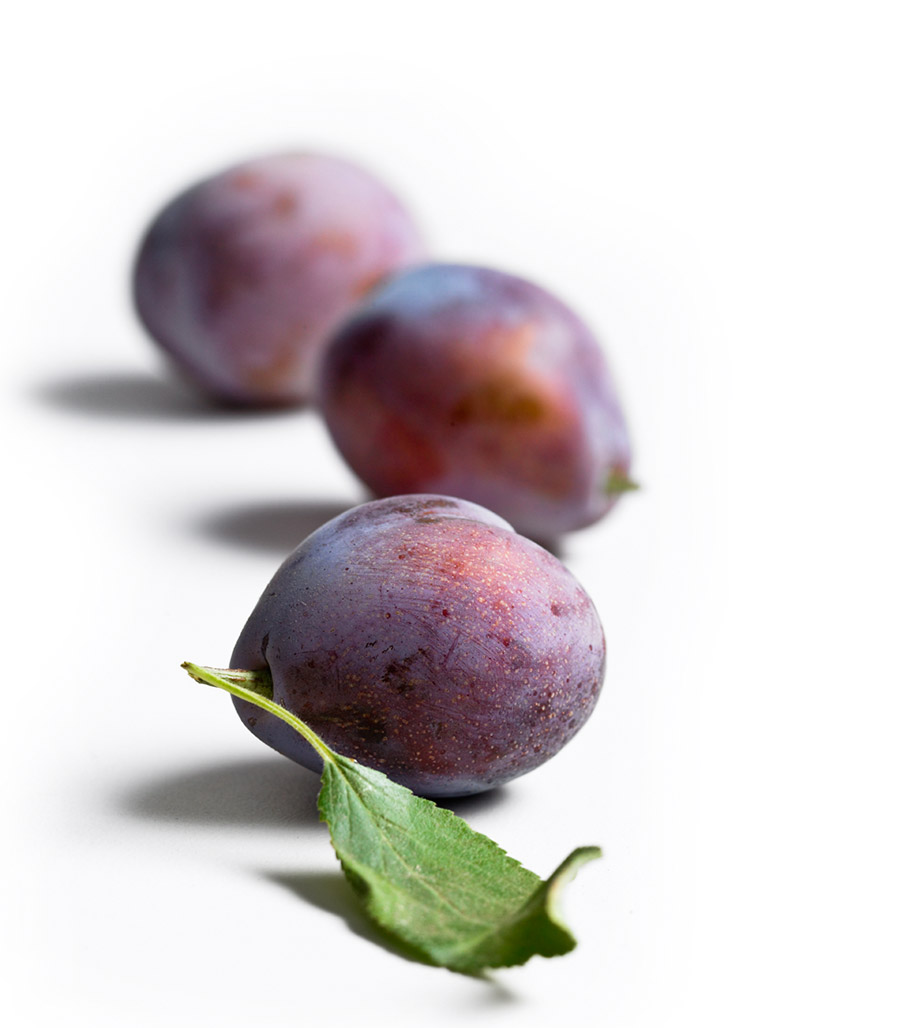
When the history of the plant-based protein boom is written, the years between 2019 and 2022 will be pivotal points in the story. While the category grew more than 20% between 2017 and 2018, it took off from 2018 to 2019, jumping 268% according to data published by Dining Alliance. What was once a curiosity is now mainstream and served in restaurants across the country.
Interest is not limited to the United States. In Japan, Daiz (which means “soul”) offers a range of soy-based plant proteins that mimic chicken or beef. As this space evolves across the globe, the competition for better products continues to grow.
Ken Kraut, a global chief flavorist at ADM, explained the challenges of formulating flavorful plant-based analogs on this episode of The Meatingpod: “I call it the ‘House of Savory.'” Kraut said. “You have a foundation, where you need mouthfeel, whether that’s fat, savory richness. The middle ground of the house [is flavor, whether it’s identifying as beef, pork, or chicken], and then the top note is impact.”
The takeaway: One ingredient can’t do it all when it comes to making great plant-based protein.
Sunsweet Ingredients can help with these challenges.
High in antioxidants, sorbitol, fiber, and desirable acids, prune ingredients are key assets in the plant-based formulator’s toolbox. The natural bright acidity of prunes can also draw out flavors, enabling better flavor with less added sodium and other seasonings. Adding as little as 1-3% of one of the following ingredients to a recipe can solve multiple problems.
Benchtop Test
For a veggie burger trial, we took soy-based protein shreds and mixed it with herbs, salt, breadcrumbs, and 1.5% Fresh Plum Concentrate to the weight of the formulation.
Using that mixture as the base protein, we combined it with walnuts, cooked wheat berries, cooked quinoa, cooked black rice, and 1.5% Prune Juice Concentrate.
One burger was held together with eggs while the other was vegan. Both were shaped with a burger press. The patties were frozen and then cooked from frozen in a skillet to mimic how veggie burgers on the market are often prepared.
The results: Both the vegan and vegetarian versions held their shape through the cooking process. The patties also browned well and had good texture and savory flavor. The result: Our R&D chef, Rick Perez, said he would be happy to put this burger on a restaurant menu.
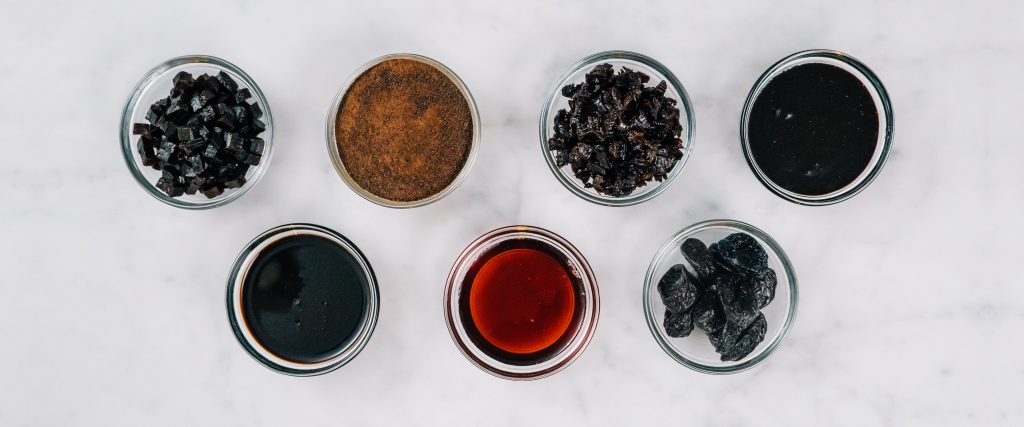
Sunsweet Ingredients Prune Products, starting top left, clockwise: prune bits, dried plum powder, diced prunes, dried plum puree, pitted prunes, fresh plum concentrate, and prune juice concentrate
Prune Ingredients to Consider
Fresh Plum Concentrate
Made by concentrating the juices of fresh prune plums, FPC is high in phenolic compounds and helps with browning. It is cherry-red in color, with a sweet-tart cherry flavor, though its flavor stays in the background.
- adds natural caramel color
- suppresses oxidation/warmed over flavor
- helps with moisture retention
Dried Plum Powder
Made by grinding dehydrated and ground prunes, dried plum powder is hygroscopic and mild in flavor. It can impart black flecks that resemble freshly ground black pepper. Adding 1-2% will aid in moisture binding and add fiber.
- adds natural caramel color
- adds fiber
- helps with binding
Prune Juice Concentrate
Prune Juice Concentrate is a sweet and tangy syrup the color of molasses, though milder and sweeter in flavor. Adding as little as 1% will boost binding and color.
- retains moisture
- adds natural caramel color
- helps mask off flavors
- boost caramelization/Maillard reaction (for grill marks, etc.)
- helps reduce added sodium and seasoning
Dried Plum Puree
This puree is dense, tacky to the touch, mildly sweet, and high in antioxidants. Adding as little as 1% will boost binding and color.
- retains moisture
- adds natural caramel color
- helps mask off flavors
- boost caramelization/Maillard reaction (for grill marks, etc.)
- helps reduce added sodium and seasoning


 日本語
日本語 한국어
한국어